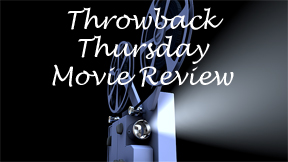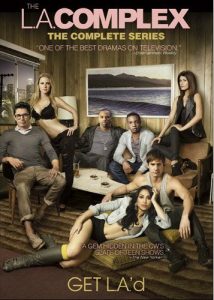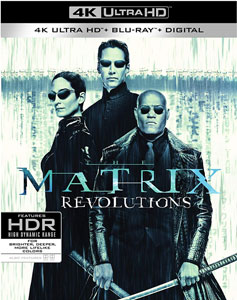A lot of “The Matrix Reloaded” and the first part of “The Matrix Revolutions” (both from 2003) get too philosophical, too talky, with the Oracle and other players inside the Matrix – for reasons of programming or whatever — not exactly being straight shooters as Neo (and we) seek information.
Sit back and enjoy the action
But then the two ships split up – Neo (Keanu Reeves) and Trinity (Carrie-Anne Moss) going on their spiritual quest to the Machine City while Morpheus (Laurence Fishburne) and Niobe (Jada Pinkett Smith) head back to Zion to help with the fight – and “Revolutions” hits rarified blockbuster territory occupied by “Return of the Jedi” (1983) and “Avengers: Endgame” (2019).
Knowing the stakes and the rules, we can sit back and enjoy the top-shelf action in the Battle of Zion and the final Neo-versus-Smith (Hugo Weaving) fight. That said, there’s one more surprise. Neo’s ascendency to god status isn’t in and of itself surprising, as we’re told from the beginning that something along these lines is his destiny, but it’s a wonderful twist that he forges a peace with the machines.

“The Matrix Revolutions” (2003)
Directors: Lana Wachowski, Lilly Wachowski
Writers: Lilly Wachowski, Lana Wachowski
Stars: Keanu Reeves, Laurence Fishburne, Carrie-Anne Moss
Here, the writer-director Wachowskis make a clever statement on the theory of the singularity, the point at which humans and machines will merge into a single entity and therefore won’t fight, because they are one and the same. This was a primary point of the “Matrix” trilogy all along, but it’s one that no one talked about. Still, there are clues. While Neo personifies the singularity outright, other players in this grand game blur the line.
Most notable is Smith, a computer program who becomes a human by taking over the body of Zion soldier Bane. Ian Bliss does an outstanding job of capturing Weaving’s deliciously broad mannerisms as Smith fights and taunts Neo in a sequence that ends with Neo being physically blinded — although he can still “see,” Daredevil-style.
Speaking of superheroes (and how can we not, in this era?), the final Neo-Smith showdown has elements of Superman fighting Zod, as both are masters of defying the subjective rules of the Matrix, such as gravity. In a way, this is just another “Matrix”-verse fight, only more over-the-top, with the combatants smashing through buildings and causing shifts in the rainfall.
Score one for Davis
But composer Don Davis, doing much better work than on “Jurassic Park III,” delivers an epic score; the orchestral music throughout the trilogy is great, but in “Revolutions” it appropriately rises in the mix. Also, the techno is a buried (but still clear) element in the score, rather than being the genre of choice for “Revolutions’ ” battles.

To me, though, the Battle of Zion – hyped up since “Reloaded” — takes the cake. OK, sometimes the swarms of CGI sentinels are a bit much, but the editing of this long-but-gripping sequence by Zach Staenberg is masterful. It’s pure chaos as the giant drill bits and squid-like sentinels swarm the dock (the vast cavern of Zion), yet the small storylines amid the chaos are clear to the viewer.
The Wachowskis show respect for both the professionals in the Zion military and the citizens who are not inclined to take up arms, but desperately want to help. I especially enjoyed the little adventure of volunteer missile-loader Zee (Nona Gaye) and experienced rocket-launcher shooter Charra (Rachel Blackman) as the two women go around the fringes of the city looking for weak spots to pick away at the robots.
Mythological but not predictable
Because of the multi-pronged action and lots of close-ups on concerned faces, “Return of the Jedi” was on my mind when watching “Revolutions.” But that isn’t to say this is a rote exercise in following Joseph Campbell’s rules of myth. The Wachowskis have certainly put the archetypes in place (starting with Neo being “the One” of prophecy), but things don’t play out precisely by the “rules.”
For instance, Neo doesn’t endure the loss of a mentor – neither Morpheus in the real world nor the Oracle (Mary Alice, taking over for the late Gloria Foster) in the Matrix – but he does endure the loss of the person most important to him, Trinity. Love is also central to Luke’s journey, although it’s father-son love in “Jedi.”
By the last hour and change of “Revolutions,” I was enjoying the ride and thinking in terms of mythological storytelling. All the confusing elements of the saga washed out of my brain, as did the talkiness and the frustration of the wait for those robots to finally get to Zion.
It doesn’t retroactively make the trilogy into a masterpiece – I still think it gets a little too deep in the wiring, especially with the Oracle being so vague she makes Yoda seem like a straight shooter – but my god does “Revolutions” stick the landing.

